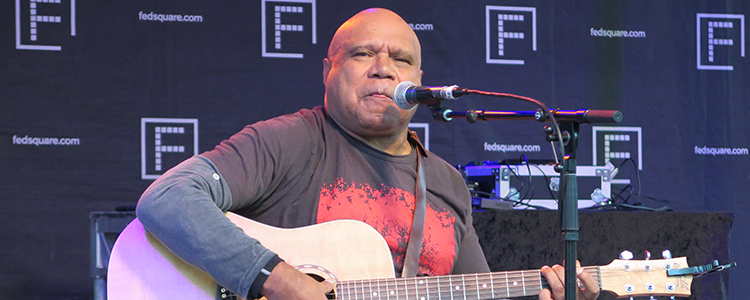Entertainment is a form of activity that holds the attention and interest of an audience or gives pleasure and delight. Entertainment management involves the sourcing, selection and control of suitable entertainment, ancillary programs and recreational activities for the event project. It coordinates support requirements and activities for entertainers to deliver the desired entertainment experience which benefits the audience and organisation.
A clear understanding of the following factors leads to effective entertainment management.
Entertainment Selection
Selecting the best form of entertainment for the event involves determining the purpose and objectives you want met. Identify the types of entertainment systems you want and suitable options available. This can be enhanced by an appropriate selection of the type and style of entertainment which is important to the event. If it is a youthful event, it is important to involve young and energetic singers and performers. You then need to establish a suitable schedule and location to guide the flow and coordination of the entertainment performers.
Procurement
The procurement process involves the identification of sources of entertainment and attractions. This can be guided by being specific on the expectations of entertainers and the personnel. It is important that all expectations are met to ensure everyone is satisfied with the outcome of the event. This helps determine and integrate production requirements, what you are going to produce to the public and those, not in the event. Compliance with music licensing and other rights that are relevant to the event is critical.
Performance Delivery
Coordinate technical and performer rehearsal requirements. These are important components to assist performers with the set up of the stage and to understand the flow of the performance. This will ensure it runs smoothly and saves time due to lack of preparedness. All the contracts must be signed duly and all expectations well documented. Arrange for any logistical and accommodation requirements where necessary. Monitor and evaluate the performance and ensure their efficiency and effectiveness.
Ancillary Programs
Ancillary programs are support programs that help run the event. The need and the audience for the ancillary programs must be determined. Such programs include children activities during the event. They must be arranged for and be appropriate to the target audience. The program providers need to understand their delivery requirements.
Recreational Activities
You begin by identifying recreational opportunities. This helps to procure and schedule the activities and services. The schedule is very important as it guides which activity will be taking place at a certain time and who is responsible. Tournaments and sports activities must be coordinated appropriately. The sports activities are mainly used to create awareness for promotion purposes. Liability issues and insurance requirements must be attended to to enhance proper entertainment management.
In order to have effective entertainment management, there needs to be an appropriate selection of the performers and forms of entertainment based on the target audience.

